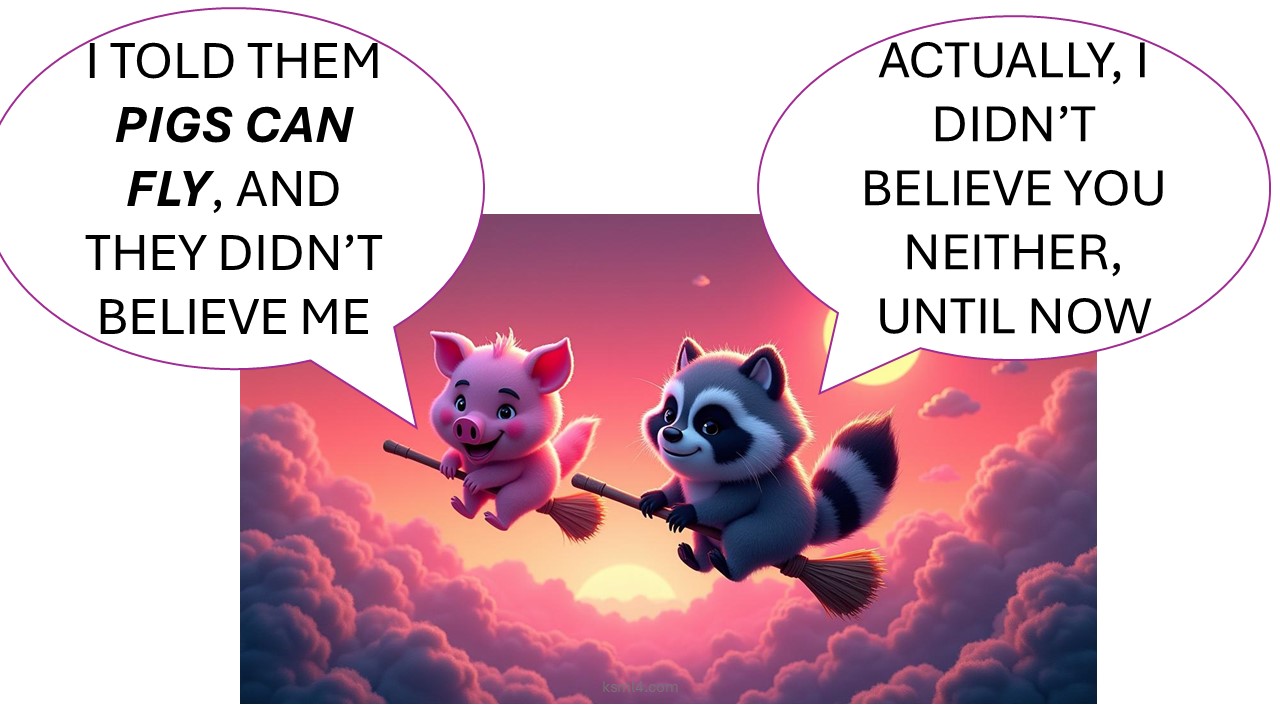A combination is a selection of items from a larger set, where the order of selection does not matter. For example, suppose you have a set of three different fruits: Apple (A), Banana (B), and Cherry (C), and you want to make a fruit salad using any two fruits.
The combinations of two fruits that you can select from this set are:
- Apple and Banana (AB)
- Apple and Cherry (AC)
- Banana and Cherry (BC)
In this case, the order does not matter; choosing an Apple and then a Banana (AB) is the same as choosing a Banana and then an Apple (BA).
This concept is widely used in mathematics, statistics, and computer science to calculate the number of possible combinations of elements in a set. It is also used in everyday life in situations such as planning meals, creating teams in sports, or choosing outfits from a wardrobe.
Quizzes: Combinations
Question:
In a music competition, 8 participants need to be selected out of 20 contestants. How many different combinations of participants can be selected?
A) 125,970
B) 77,520
C) 1,920
D) 12,640
Show answer
Answer: A) 125,970
Explanation: The number of combinations of selecting r items from n items is given by the formula:
Here, n = 20 and r = 8. So,
Question:
A movie production team has a script that requires 5 actors out of a pool of 15. How many different groups of actors can be chosen?
A) 3,003
B) 2,002
C) 1,001
D) 6,435
Show answer
Answer: A) 3,003
Explanation:
Question:
In a community study, researchers need to select 4 representatives from 12 different neighborhoods. How many different ways can this selection be made?
A) 495
B) 792
C) 2,970
D) 4,950
Show answer
Answer: B) 792
Explanation:
Question:
During a sociological study, a team needs to form committees of 3 people from a total of 10 candidates. How many different committees can be created?
A) 120
B) 220
C) 720
D) 840
Show answer
Answer: B) 220 Explanation:
Discover more from Science Comics
Subscribe to get the latest posts sent to your email.


